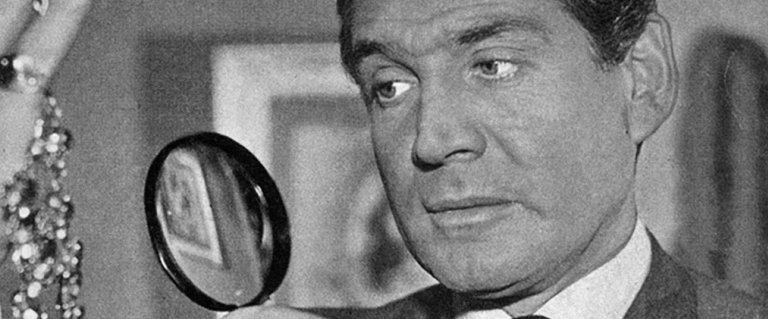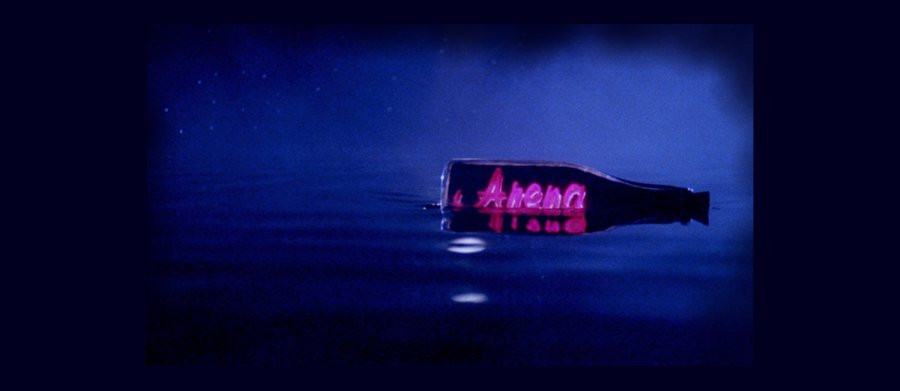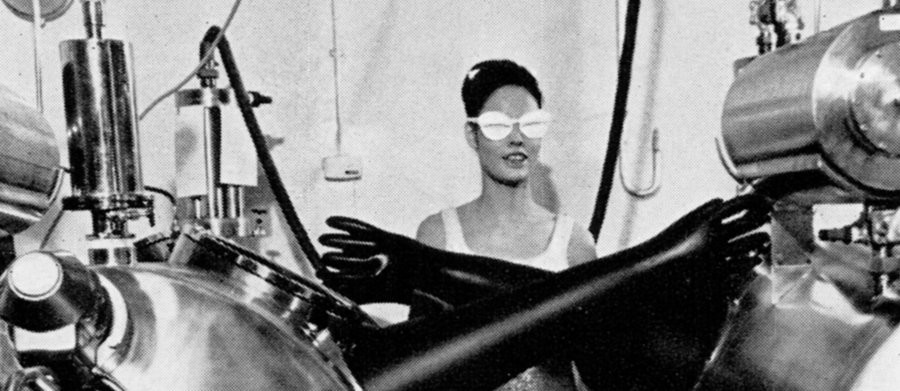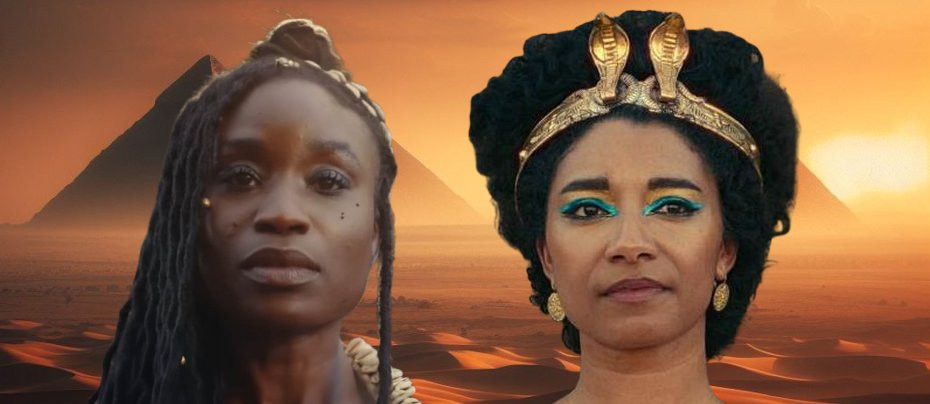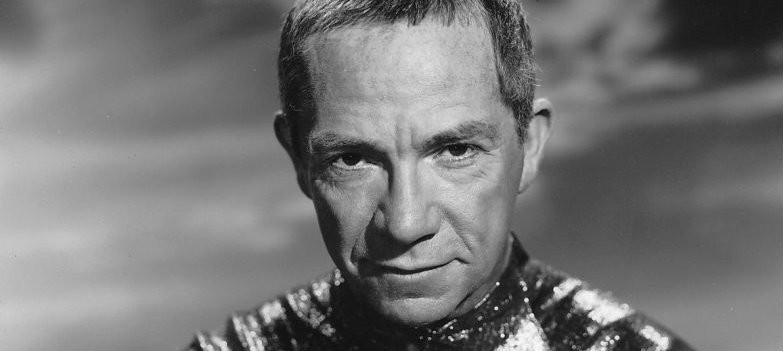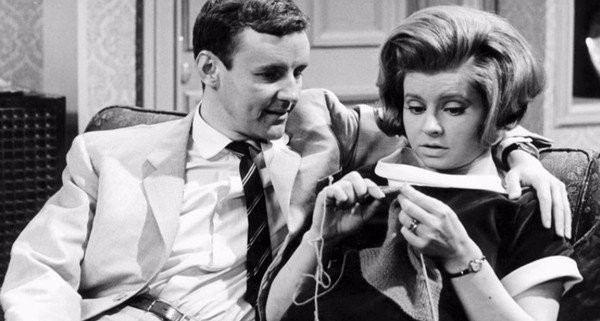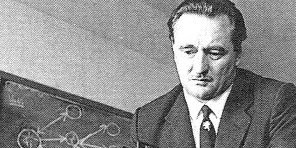
Citizen 63
1963 - United KingdomOne of the most significant TV shows of 1963, this five part John Boorman documentary, made by BBC West filmed five individuals as they confronted and conformed to the problems and pressures of everyday life in Britain in 1963. The subjects, chosen to represent a cross section of the British public, were a young businessman, a police inspector, a shop steward, a scientist and a somewhat rebellious young schoolgirl. It couldn't have been better timed.
1963 was very much the coming-of-age for those children born in the aftermath of the Second World War. Free of the threat of war and no longer constrained by National Service and of the austerity years that followed there was a new found hope for the future that manifested itself in pop, fashion and a rejection of Victorian values and the social taboos that Britain had been steeped in since the turn of the century. A new culture was on its way and Boorman was there to capture British society as it stood on the cusp of great change. Each subject was carefully chosen, not necessarily to represent a particular section of the British public, but to study the diversity of key issues, ideas and interests.
The first episode, broadcast on BBC television on 28 August 1963 featured Barry Langford, a flamboyant Brighton-based businessman who had already set his sights on the music industry despite no previous professional experience. The film portrayed Barry as a man of many talents - a businessman and a music producer - and it also gave one a glimpse into his personal life. The subject of the second film in the series, by stark contrast was Richard Callicot a Police Inspector in his mid-thirties. Marion Knight was the subject of the third film, an attractive and rebellious girl at a secondary-modern school. Knight, who came from Southsea, was a follower of the trad jazz scene and dismissive of the pop music explosion that was erupting at the time. Boorman chose Knight for her fiesty, opinionated approach to life, describing her as "rebellious" but with qualities of "leadership and grace."Film number four was "titch Aldridge" a shop steward who called himself a small man in a small job, and the shuttlecock in the middle. The fifth and final subject was Frank George, a university scientist devoted to cricket and dedicated to making machines that think. In 1968 he was elected first Chairman of the Institution of Computer Sciences of the University of Bristol, went on to work as a computer consultant for NATO and became Professor of Cybernetics and Director of the Institute of Cybernetics at the Brunel University.
Citizen 63 is an extraordinary record of a transitional period when conventions were being challenged at the very point when youth culture was about to explode in a way that would define the whole era.
Seen this show? How do you rate it?
Seen this show? How do you rate it?
Published on December 4th, 2018. Written by Marc Saul (2017) for Television Heaven.


